In an era where digital connectivity defines our daily lives, the hospitality industry continues to evolve at the intersection of tradition and innovation.
The influence of social media on travel planning and hotel booking has only intensified in recent years, fundamentally altering the traveler’s journey. This shift has reshaped the booking funnel, making it more dynamic, interactive and influenced by peer experiences than ever before.
The Evolving Booking Funnel
The traditional, linear booking funnel has given way to a complex web of touchpoints and influences. As of 2023, travelers were visiting an average of 5.5 websites before securing a booking, according to a study by Expedia Group, with social media playing a significant role in the decision-making process.
Today’s fragmented digital journey is punctuated by social media interactions at every stage.
1. Awareness Stage: The Power of Visual Storytelling
Instagram and TikTok have become powerhouses for hotel discovery. According to a 2022 Meta survey, 58% of millennials and 63% of Gen Z travelers use Instagram for travel inspiration. TikTok’s impact is equally significant, with the platform reporting a 600% increase in travel-related content views from 2021 to 2023.
For instance, the Ace Hotel Group leveraged TikTok to increase brand awareness and bookings among younger travelers. Their #AceYourStay campaign, launched in 2022, encouraged guests to share creative videos of their stays, resulting in over 50 million views and a 25% increase in bookings from the 18 to 34 age group.
2. Consideration Stage: Influencer Impact and Social Proof
The role of social media influencers in hotel marketing continues to grow substantially. A 2023 report by Influencer Marketing Hub showed that 61% of travelers aged 18 to 34 have booked a hotel or resort after seeing it featured by an influencer.
Hilton’s 2022 “Expect Better. Expect Hilton.” campaign, featuring Paris Hilton, is a prime example of influencer impact. The campaign, which heavily utilized Instagram and TikTok, resulted in a 13% increase in direct bookings and a 23% rise in social media engagement.
4. Intent Stage: Social Media as Research Tool
As travelers narrow their choices, they increasingly turn to social media for deeper research. A 2023 Tripadvisor study found that 72% of travelers always or frequently read reviews before booking accommodations.
Facebook groups dedicated to travel continue to thrive. The “Solo Female Travelers” Facebook group, with over 1.2 million members as of 2024, has become a go-to resource for hotel recommendations and safety tips.
5. Booking Stage: Social Commerce and Direct Bookings
Social media platforms have evolved into powerful booking engines. Instagram’s native checkout feature, launched broadly in 2022, allows users to book hotels without leaving the app. Marriott International reported a 15% increase in direct bookings through social media channels in 2023 after fully integrating with Instagram’s booking features.
The Rise of Social Listening and Real-Time Engagement
Hotels are increasingly leveraging social listening tools to monitor mentions and engage with potential guests in real-time, and it’s paying off. A 2022 study by Sprout Social found hotels that respond to social media inquiries within an hour see a 12% higher booking conversion rate compared to those that don’t.
Four Seasons Hotels and Resorts exemplifies this approach with their “Four Seasons Chat” service, available on multiple platforms including WhatsApp and Facebook Messenger. In 2023, the brand reported that 50% of their guests used the chat service during their stay, contributing to a 7% increase in guest satisfaction scores.
Challenges and Opportunities
While social media offers immense opportunities, it also poses challenges. Online reviews have a significant impact on booking behavior. It’s no surprise that bad reviews negatively impact bookings, with one 2022 study by ReviewPro noting that 94% of travelers have avoided a hotel due to negative online reviews. Yet even the challenge of managing a property’s online reputation offers an opportunity for proactive management.
Scandic Hotels, a Nordic hotel chain, implemented a comprehensive social media response strategy in 2022. By addressing 98% of all social media comments within two hours, the team saw a 20% reduction in negative sentiment and a 9% increase in booking conversions from social media channels.
The Future: Personalization and AI
The integration of AI with social media data is enabling more personalized booking experiences. Chatbots have become increasingly sophisticated. Accor’s chatbot, developed in partnership with LivePerson and launched in 2023, handles 70% of customer inquiries without human intervention and has increased direct booking rates by 18%.
Moreover, predictive analytics powered by social media data is enabling hotels to offer highly personalized packages. Hyatt’s “Personal Preference” program, launched in 2022, analyzes guests’ social media activity (with permission) to customize room setups and amenities. This initiative has led to a 22% increase in guest satisfaction scores and a 10% rise in repeat bookings.
Social Media’s Influence in 2025 and Beyond
The impact of social media on hotel bookings continues to deepen and evolve. In just the last few years, we’ve seen a shift towards more immersive and interactive content, the rise of new platforms like TikTok in the travel space, and the increasing integration of AI and personalization in the booking process.
As we look to the future, the lines between social media, booking platforms, and hotel websites will continue to blur. Success in this landscape will depend on a hotel’s ability to create authentic connections and provide seamless, personalized experiences across all touchpoints. Properties that are uncertain how to adapt should consider partnering with a seasoned hospitality marketing agency, or risk losing relevance in the face of change.
The modern traveler’s journey may no longer be a funnel, but hotels that use social media as a compass will be able to navigate the new booking ecosystem effectively and find themselves at the forefront of the industry, capturing the hearts, minds and bookings of the modern traveler.
Free Hotel Case Study: How Marketing Personalization Motivates Travelers and Drives Bookings for Hotels
In this compact case study, you’ll find data showing the importance of marketing personalization to the average traveler. Download the case study to learn how any hotel with a digital footprint can use marketing personalization to increase conversions.
Click here to download the case study “How Marketing Personalization Motivates Travelers and Drives Bookings for Hotels”.
More Tips to Grow Your Business
Revfine.com is the leading knowledge platform for the hospitality and travel industry. Professionals use our insights, strategies, and actionable tips to get inspired, optimize revenue, innovate processes, and improve customer experience.Explore expert advice on management, marketing, revenue management, operations, software, and technology in our dedicated Hotel, Hospitality, and Travel & Tourism categories.

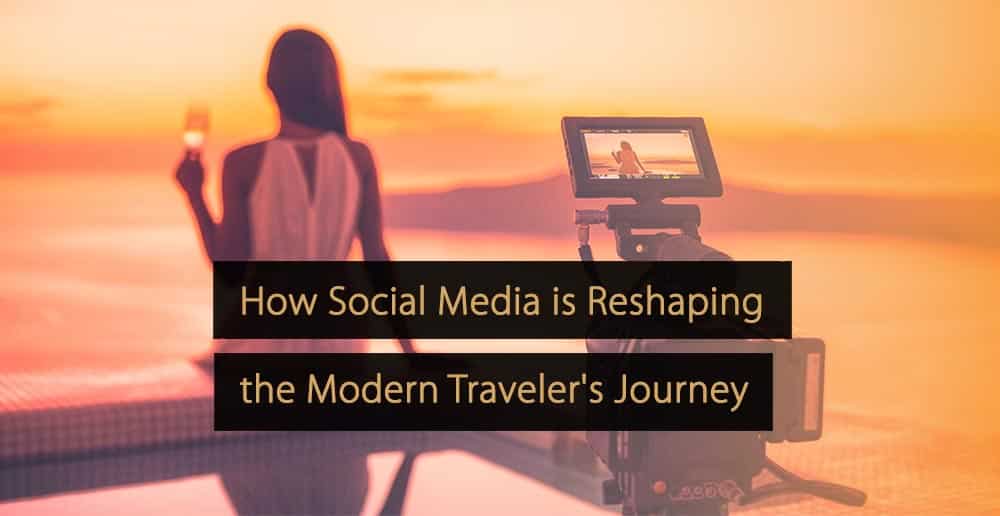
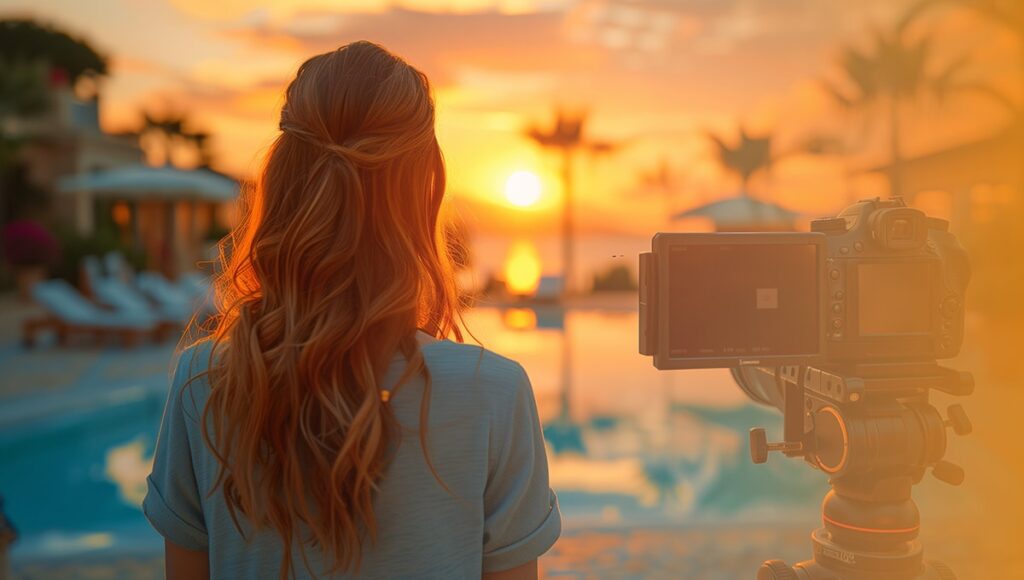


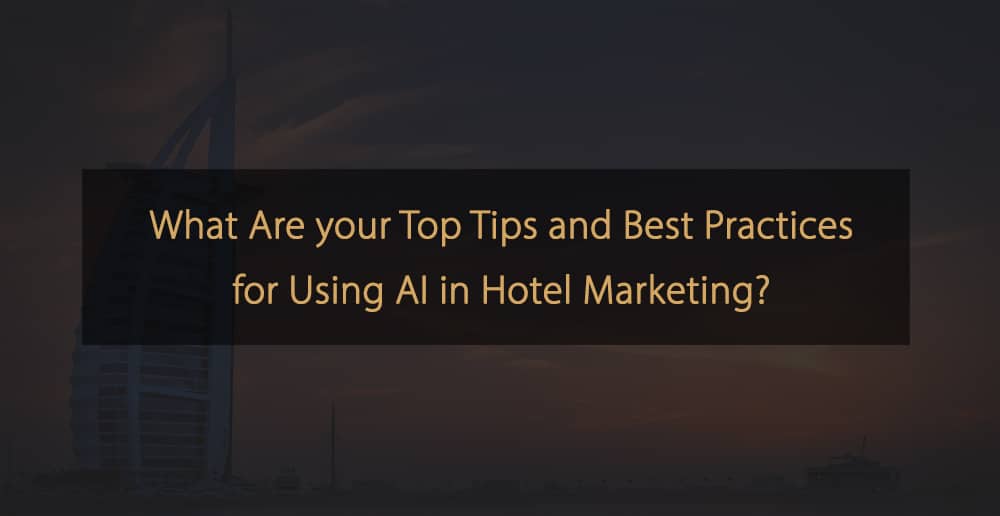

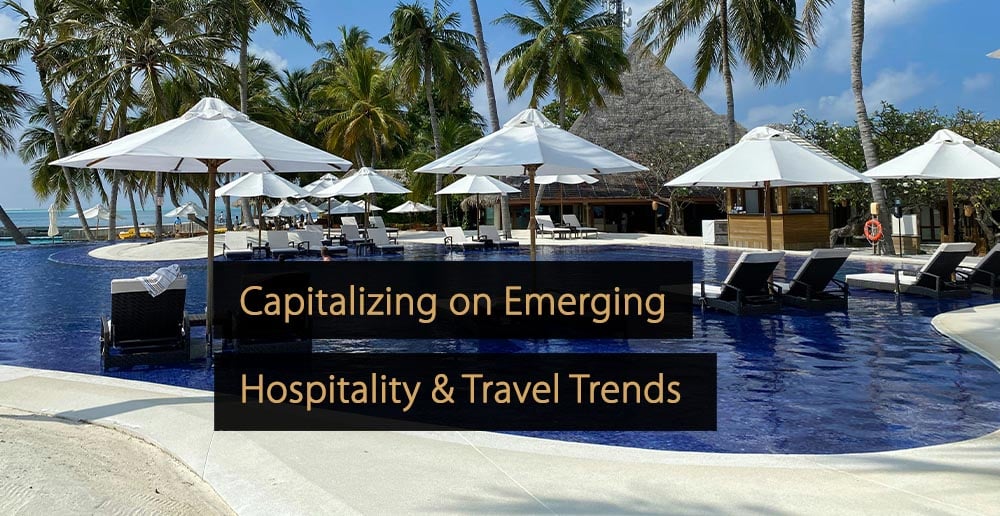
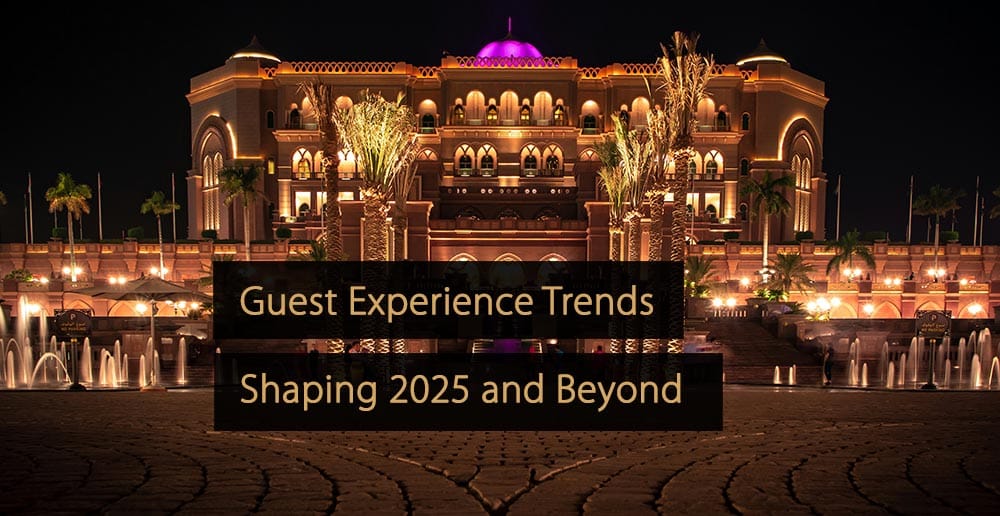
Leave A Comment